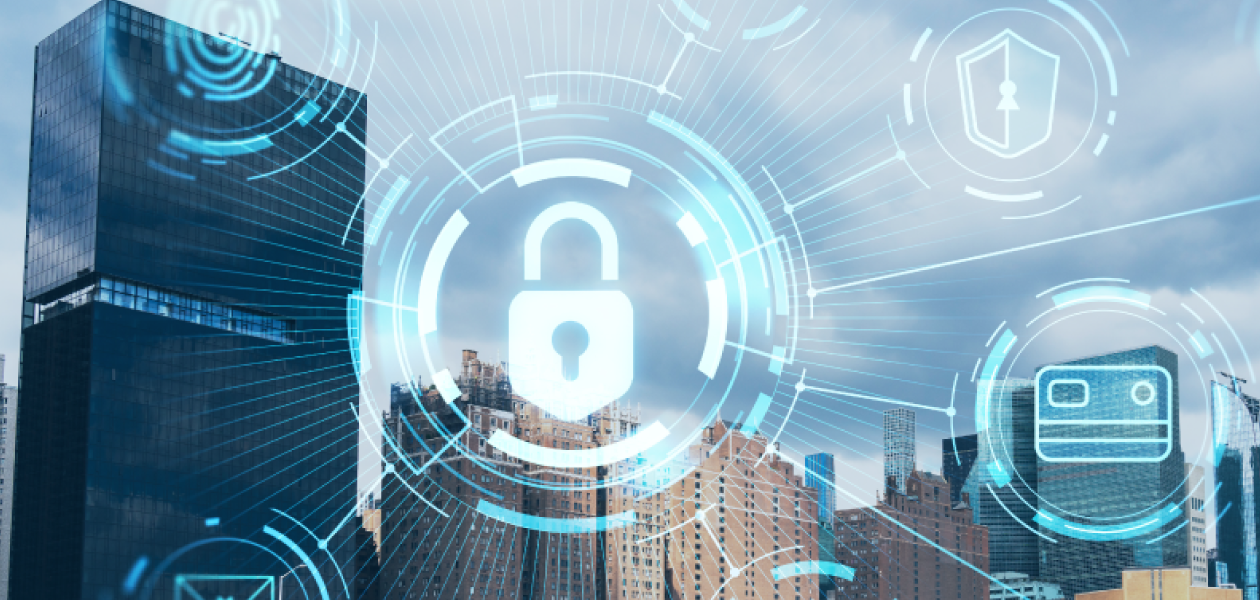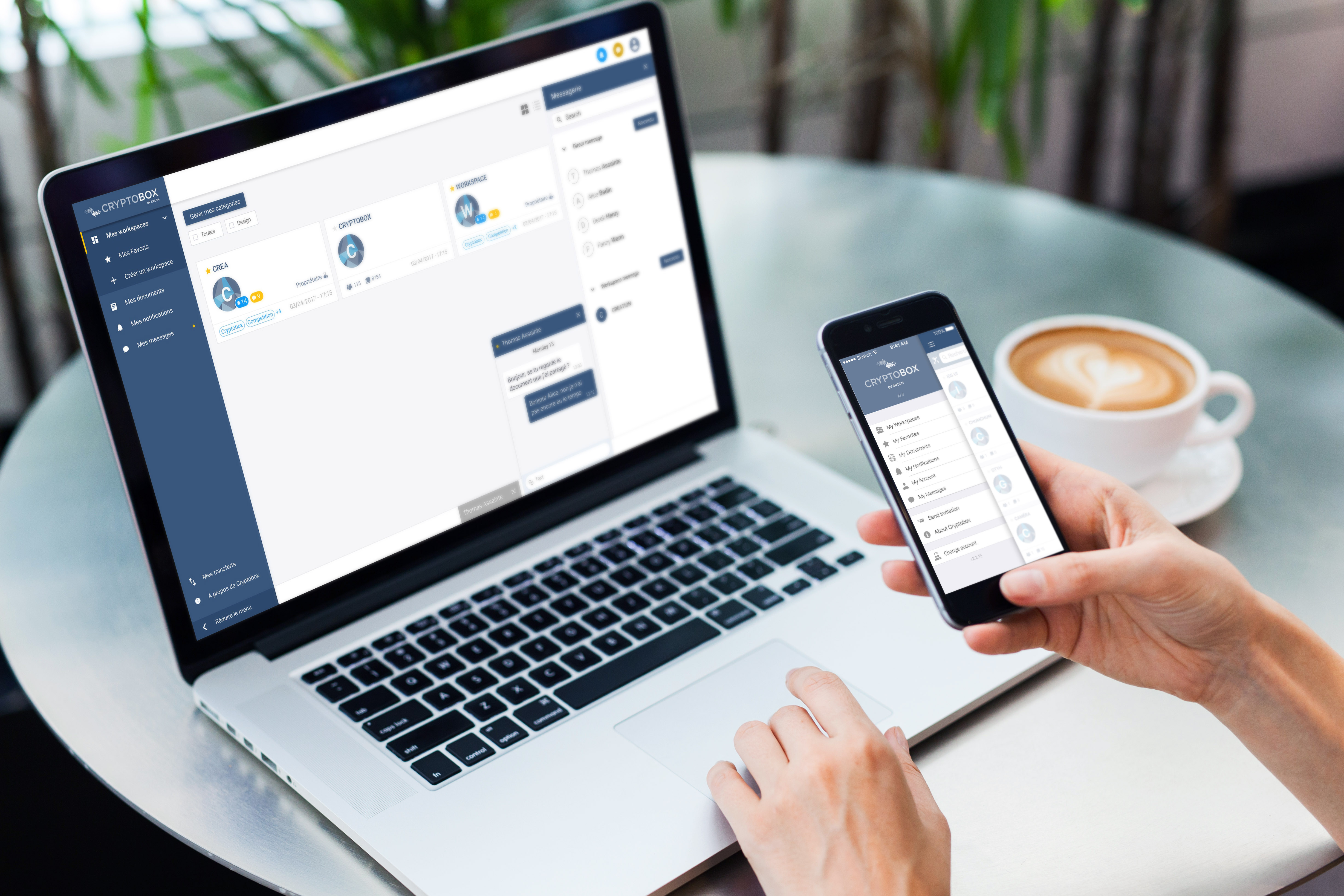The cyber security audit, a crucial step in protecting your data
Learn more in this article about the cyber security audit, a crucial step in protecting your data
The objectives of a cyber security audit is to assess the cyber security risks an organisation is facing, and the effectiveness of the protective measures it has put in place to protect against these threats.
This analysis identifies the organization's strengths and areas of improvement in terms of cyber security, and results in a list of recommendations to reinforce its level of protection.
When is a cyber security audit necessary? What do you need to know before auditing your organisation?
When should you carry out a cyber security audit?
There is never a bad time to carry out a cyber security audit. There are, however, cases where it is important, and sometimes essential, to carry out such an audit.
- In the event of a significant change in the IT environment: Migration to another infrastructure, introduction of new systems or applications, definition of new security processes... Changes must be tested by a cyber security audit.
- Complying: If your organisation processes sensitive data, it must meet specific security requirements defined by regulations such as the GDPR, for example.
- Obtaining a certification or label: For example, to earn the HDS label, which authorizes organisations to host and process healthcare data, it is imperative to be beyond reproach when it comes to securing data. Certification bodies then thoroughly vet cyber security. A cyber security audit is the best way to prepare for this exam.
- In the event of a security incident: This investigative work helps to understand the gaps and shortcomings that made the incident possible, but also identify measures that should be deployed to avoid such incidents in the future.
Scope of a cyber security audit:
A cyber security audit covers all the elements that affect an organisation's cyber security. It focuses on:
- Technical issues: Examination of security configurations, application versioning, mobile fleet integrity....
- Organisational issues: Security policies and procedures, data governance, access rights...
- Physical security: Protection of facilities, local servers, datacenters....
- Human issues: Employee training in best practices and cyber threats, internal threat assessment....
- Ecosystem: Examination of the security measures implemented by suppliers and partners, their level of compliance, their certifications....
Issues of regulatory compliance and the security criteria required to obtain certification: GDPR, HDS, SecNumCloud, ISO 27001, PCI DSS...
Internal or external audit: Which one is better?
An in-house cyber security audit is useful for checking that the current state of your infrastructure and protection measures are in line with your cyber security requirements.
Internal audits are often favored by SMEs, with IT perimeter often smaller than that of a large organization. They save time, because the manager is already familiar with the organization's processes and policies, unlike an external auditor who has to examine them before carrying out the audit.
Of course, an internal audit is much less costly than an external one, so organizations with a limited budget will prefer this solution.
An external audit by a specialist firm or consultant is recommended for large organizations with a substantial infrastructure, organizations handling particularly sensitive data, or for complex cyber security projects.
A service provider capable of carrying out a cyber security audit has invaluable expertise and experience, as well as an impartial and independent eye for assessing the level of cyber security. External auditors can carry out in-depth analyses while keeping abreast of the latest and most sophisticated cyber threats.
Although more costly, an external cyber security audit is highly qualitative.
Preparing for a cyber security audit
Best practices that can make a cyber security audit easier to carry out:
Identify the risks, threats and vulnerabilities that the organisation may face, and detail the parameters, security measures already in place, assessing their performance and compliance.
- Defining or checking your security policy: your organisation must have drawn up rules and procedures applied by all employees regarding data processing and the use of your IT system. This policy must be reviewed prior to the audit.
- Have a clear vision of your IS: Mapping your infrastructure, applications, data or even the endpoints you use makes it much easier to conduct a cyber security audit.
- Identify the audit objectives: Is your priority to verify your compliance? Protect yourself from cyber threats? Obtain certification? This information is important to ensure that the audit meets your expectations.
- Collect relevant information: Gather security policies and procedures, business continuity plans, previous audit reports, security configurations, hardware and software inventories, activity logs, access management policies... to save valuable audit time.
- Conduct an internal audit: It may be worthwhile to conduct an internal audit prior to an external audit to identify your weak points, test and optimize your security policies, detect your areas for improvement... This information will save the auditor’s time. This in turn is a source of savings for your organization.
The cyber security audit is essential to guarantee the security of the organisation's data and the integrity of the information system. But it's important to bear in mind that these audits need to be carried out regularly: cyber threats evolve rapidly, new vulnerabilities may emerge, your applications need to be upgraded regularly, and so on. So don't be complacent... even after an audit!


